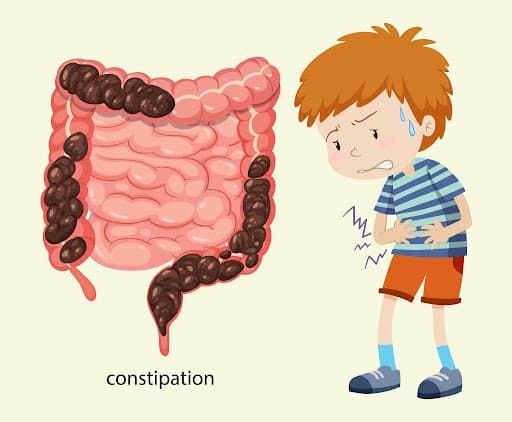It's not just about eating more fiber. Chronic constipation can be due to "Slow Transit" or "Outlet Obstruction". We diagnose the root cause for a permanent cure.

Advanced Motility Clinic
STARR Surgery Experts
Occasional constipation happens to everyone. Chronic constipation is when symptoms persist for more than 3 months. Doctors use the Rome IV Criteria to diagnose it:
For "Outlet Dysfunction" where pelvic muscles don't relax. This therapy retrains your brain and muscles to coordinate properly during defecation.
**Stapled Transanal Rectal Resection.** A minimally invasive procedure for Obstructed Defecation Syndrome (ODS) caused by internal rectal prolapse.
Dr. Jaya explains Motility
"We don't just prescribe laxatives. We perform transit studies and manometry to find out WHY your gut is slow."
Why do some people eat fiber and still get constipated? Dr. Jaya Maheshwari breaks down the difference between 'Lazy Colon' and 'Pelvic Floor Dysfunction'.